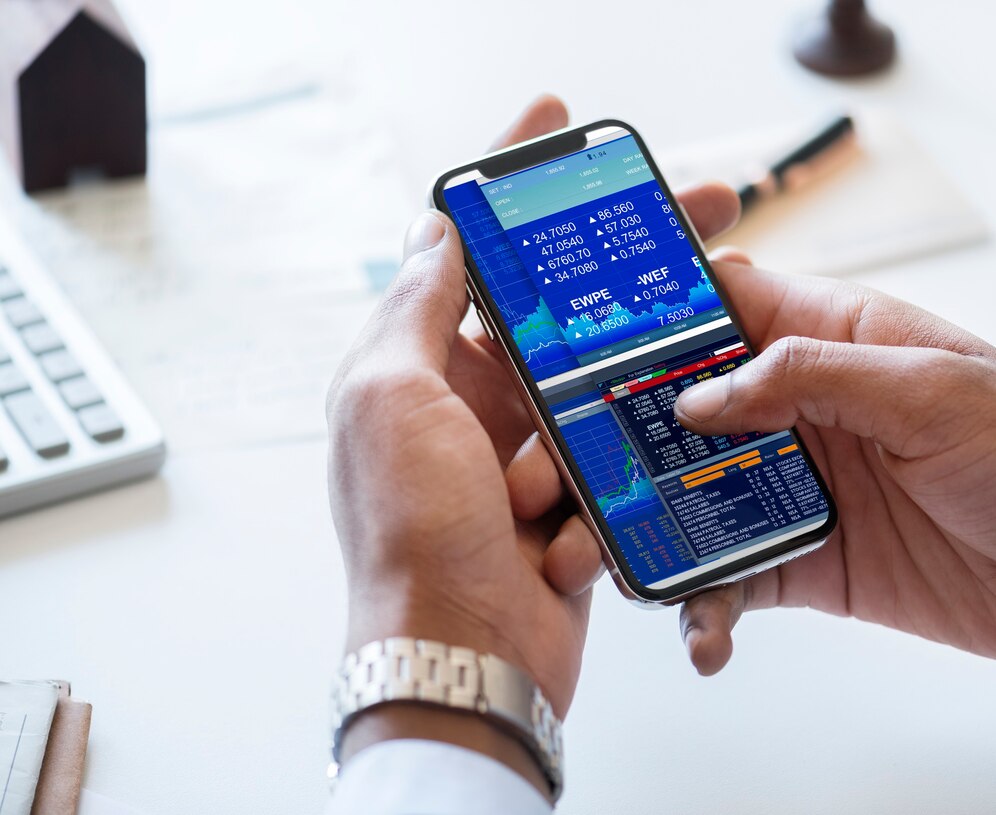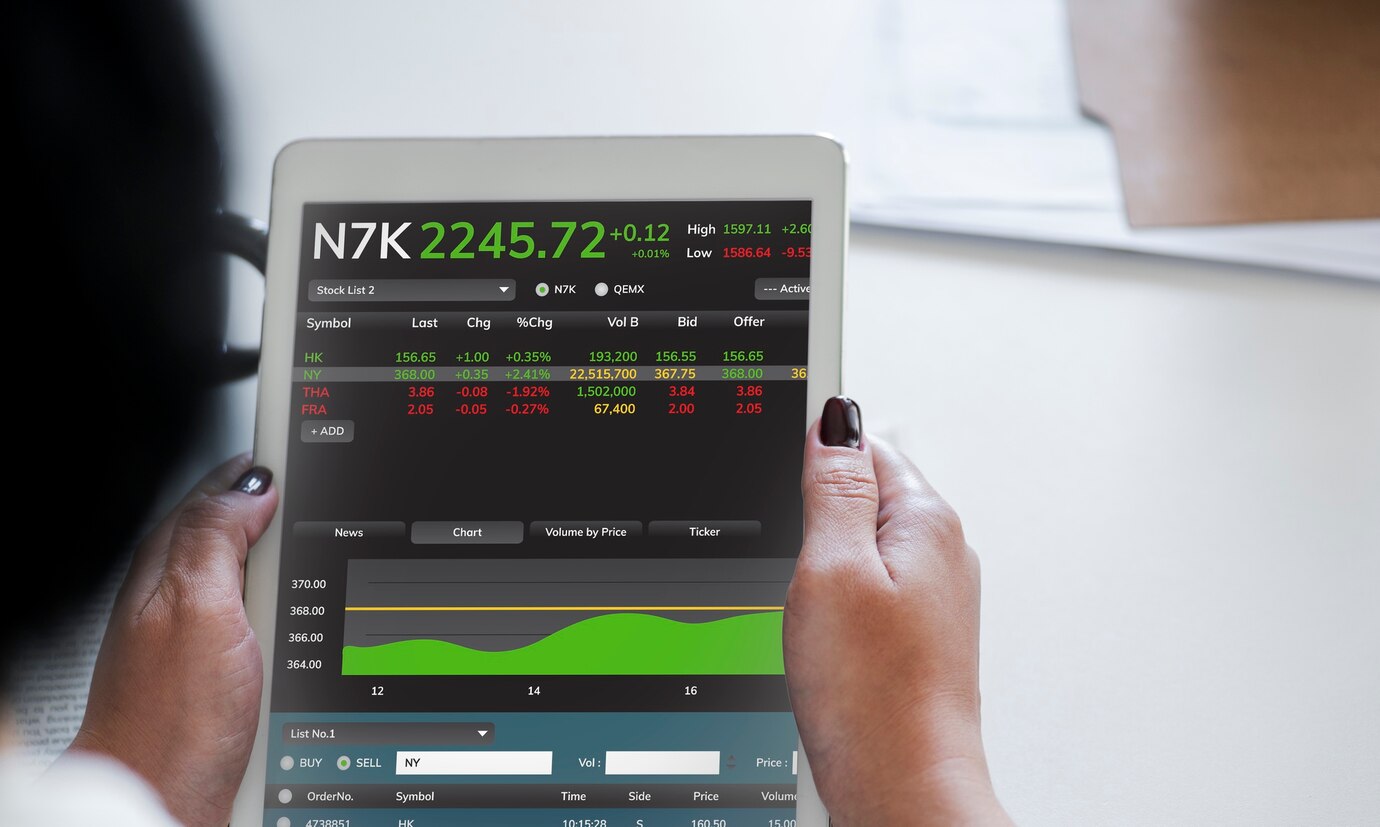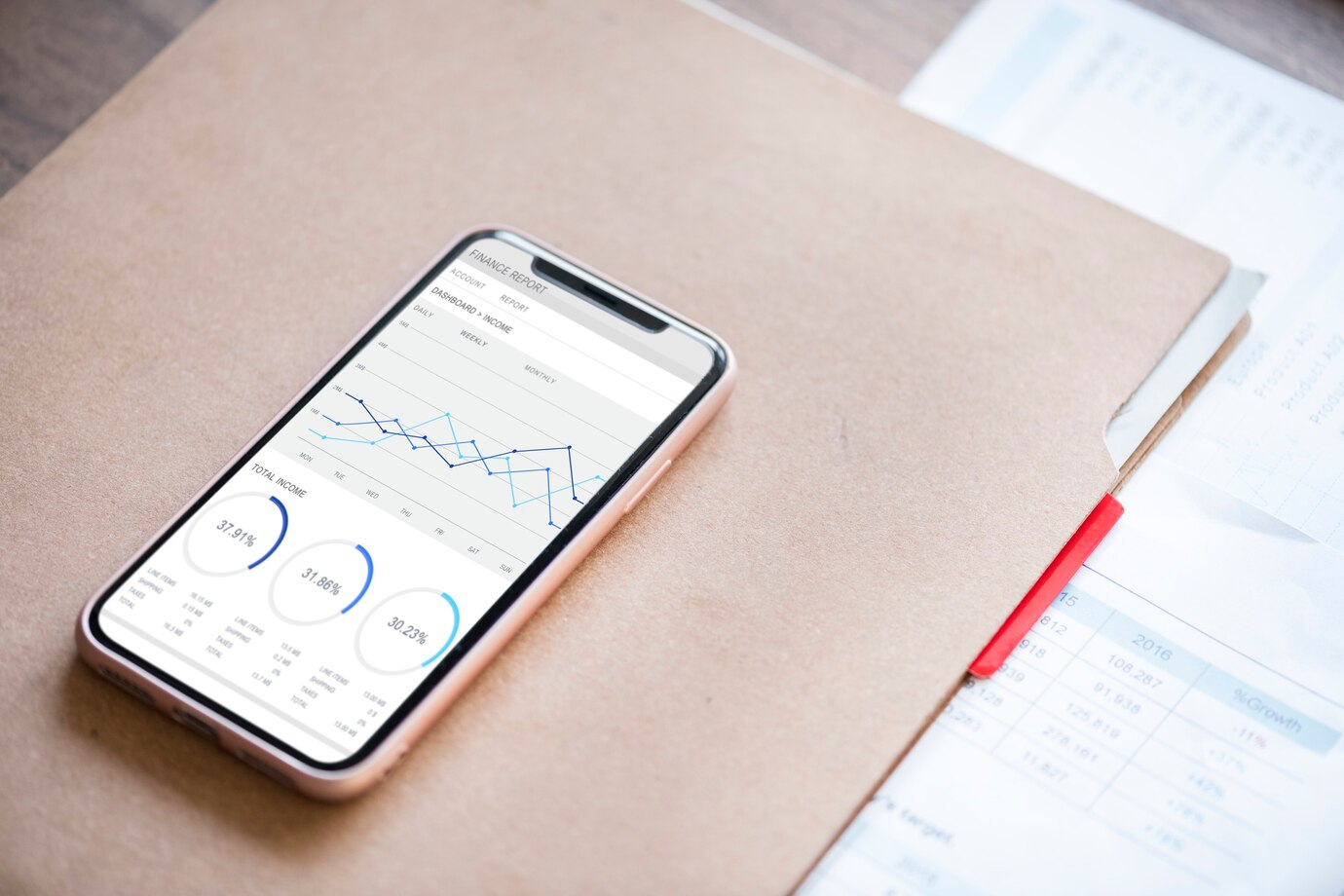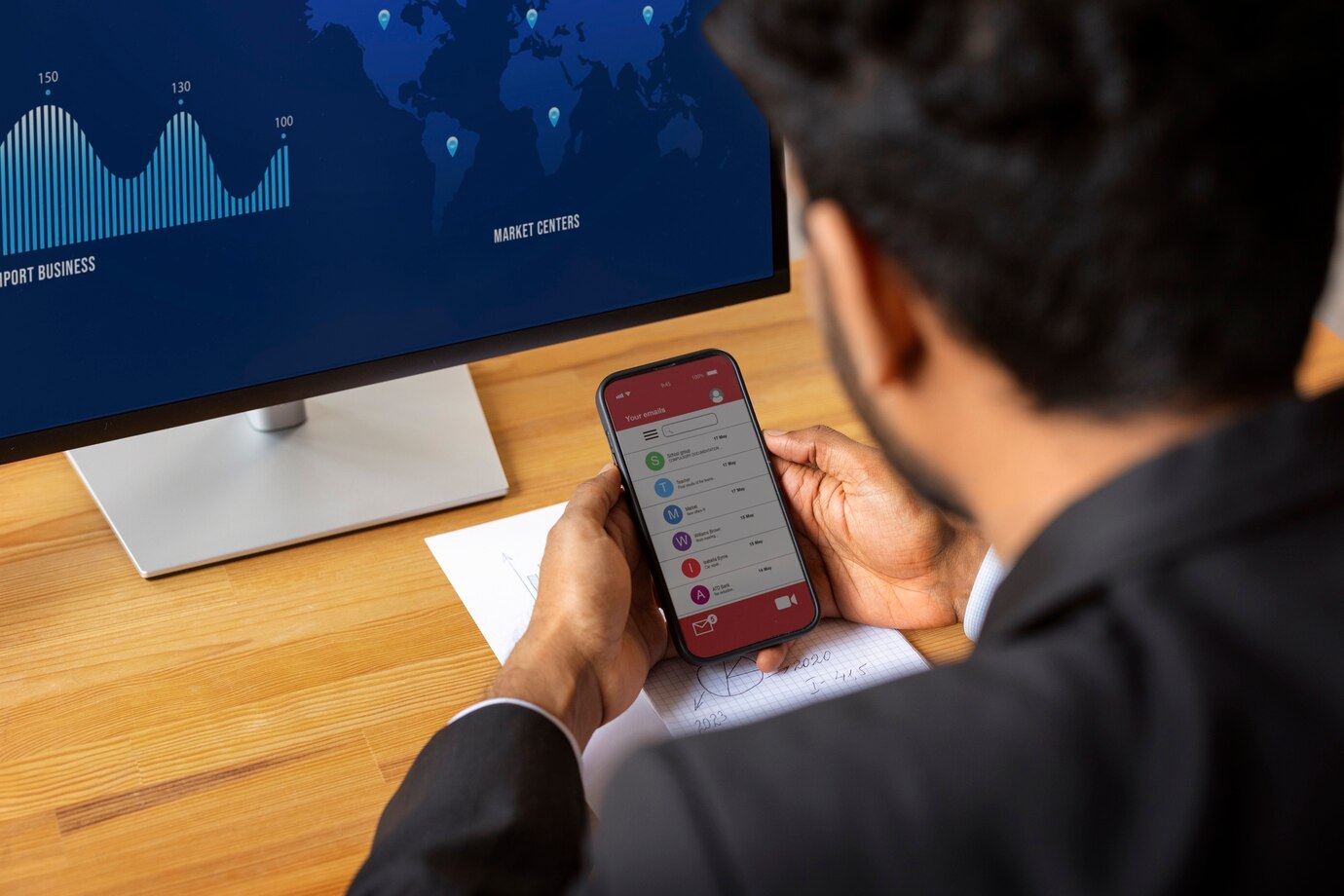How to Create a Mobile App for the Finance Industry
The finance industry has rapidly evolved with the advancement of technology. Today, mobile applications are a cornerstone of modern financial services, enabling businesses and consumers to access financial tools and services from anywhere. Whether it's for banking, investing, personal finance management, or lending, the demand for innovative finance apps is at an all-time high. Mobile app developers play a key role in creating these apps, helping to shape the future of the financial sector. In this guide, we’ll walk you through the essential steps for developing a Mobile App for the finance industry.
Understanding the Financial App Landscape

The first step in developing a Mobile App for the finance industry is to understand the various types of apps in the sector. These apps can range from banking apps, investment platforms, personal finance tools, digital wallets, to cryptocurrency exchanges. The common goal of these apps is to provide users with a seamless and secure way to manage their finances on the go.
Mobile app developers need to be aware of the specific needs of the finance sector. For instance, these apps must offer high levels of security and comply with financial regulations. They must also provide excellent user experience (UX) design to ensure that users find the app easy to navigate and use, even when dealing with complex financial tasks.
Defining the Purpose of the App

Before beginning the development process, it’s crucial for mobile app developers to define the purpose of the app. What financial service will it provide, and how will it stand out from other similar apps? For example, if the app is for personal finance management, the focus might be on budgeting tools, expense tracking, and financial goals. If it’s a mobile banking app, it should offer features such as account balance monitoring, money transfers, and bill payments.
Mobile app developers need to work closely with the business stakeholders to define the core functionality and user experience that will best meet the target audience’s needs. A clear understanding of the app’s purpose helps guide the development process, ensuring that the app’s features are aligned with both user expectations and industry standards.
Designing with User Experience in Mind

In the finance industry, user experience (UX) is paramount. Mobile app developers must ensure that the app’s design is not only visually appealing but also intuitive. Financial apps often require users to interact with complex information, such as account balances, transaction histories, and investment portfolios. A cluttered or confusing interface can lead to a frustrating experience, which may result in users abandoning the app.
The design should prioritize simplicity and accessibility. Developers should incorporate clean layouts, easy-to-read typography, and a consistent design language across the app. Additionally, app navigation should be streamlined to allow users to easily find the tools they need. For example, buttons and menu options should be clearly labeled, and the app should follow common design patterns that users are already familiar with.
Ensuring Robust Security Features

Security is the foundation of any financial app. With the increasing frequency of cyberattacks and data breaches, mobile app developers must implement strong security measures to protect user data and transactions. The financial industry is highly regulated, and apps must comply with strict standards to ensure that user data remains safe.
Developers should incorporate features such as two-factor authentication (2FA), end-to-end encryption, secure payment gateways, and data encryption protocols. Additionally, they should work with legal experts to ensure that the app adheres to relevant regulations, such as the General Data Protection Regulation (GDPR) in Europe or the Payment Card Industry Data Security Standard (PCI DSS) in the U.S.
Mobile app developers must also consider user trust and transparency. Providing users with clear information about how their data is being used and implementing opt-in consent for data collection can help build trust in the app and its security measures.
Integrating Financial APIs and Services

Financial apps often need to access third-party services and data to provide users with a comprehensive experience. This is where APIs (Application Programming Interfaces) come in. APIs enable mobile app developers to integrate external services such as payment gateways, bank account verification, stock market data, currency exchange rates, and loan management systems.
For example, a personal finance app might integrate with a bank’s API to pull transaction data, while an investment app might pull real-time stock prices from a financial data provider. Developers must ensure that the APIs are reliable, fast, and secure to maintain the quality and security of the app.
Moreover, the integration of financial APIs should be seamless to avoid interrupting the user experience. Mobile app developers should choose APIs that are easy to integrate and maintain, and they should monitor the performance of these APIs regularly to ensure they function smoothly.
Testing and Quality Assurance

Once the app is developed, thorough testing is crucial to ensure that it performs well in real-world conditions. Mobile app developers must conduct extensive quality assurance (QA) testing, including functional testing, security testing, and performance testing. The app should be tested for bugs and glitches, and developers should ensure that it runs smoothly across a range of devices and operating systems.
Financial apps, in particular, must undergo rigorous testing for security vulnerabilities. Developers should use tools such as penetration testing to identify potential weaknesses and address them before the app goes live.
User testing is also essential to gather feedback from real users. This allows developers to identify pain points, optimize features, and make necessary adjustments before the official launch.
Complying with Regulations

The finance industry is one of the most regulated sectors in the world. Mobile app developers must ensure that their apps comply with relevant financial regulations, such as those concerning data privacy, consumer protection, and anti-money laundering (AML) measures. Non-compliance can result in heavy fines and damage to the app’s reputation.
Developers should work closely with legal teams to ensure that the app adheres to local and international regulations. Additionally, mobile app developers should be prepared for regular audits and updates to keep the app in compliance with evolving regulations.
Launching and Maintaining the App

Once the app is ready for launch, mobile app developers must plan a successful deployment strategy. This includes submitting the app to app stores, promoting the app to potential users, and gathering feedback from early adopters. Post-launch support is also essential to address any issues that arise and to update the app with new features or improvements.
The financial app market is highly competitive, so developers must focus on continuous improvement. Regularly releasing updates, addressing user feedback, and staying on top of industry trends will help maintain the app’s relevance and user base.
Conclusion

Creating a Mobile App for the finance industry is a challenging but rewarding endeavor. Mobile app developers play a vital role in bringing these apps to life, and they must ensure that the app meets high standards of usability, security, and functionality. By focusing on user experience, security, and regulatory compliance, developers can create financial apps that empower users to manage their finances with ease and confidence. As the finance industry continues to evolve, mobile app developers will remain at the forefront of innovation, driving the future of financial services.






